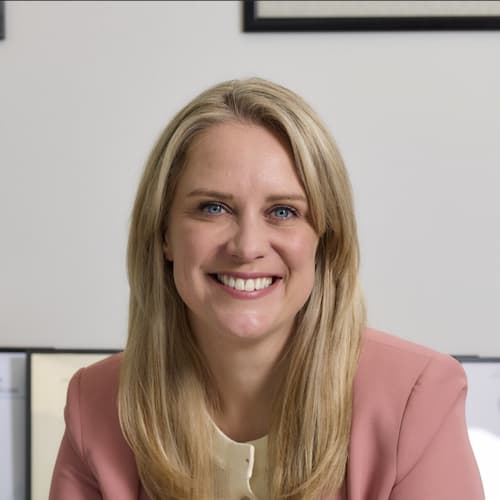

Liquidating a company is a complex process involving the winding up of its affairs, selling off assets, and settling debts. Directors and stakeholders need to understand the steps and considerations involved to navigate this challenging process effectively.
Liquidation is the formal process of closing a company, and if applicable selling its assets, and using the proceeds to pay off creditors. Once the liquidation is complete, the company ceases to exist. There are two main types of liquidation: voluntary and compulsory.
For a CVL or MVL, the directors convene a board meeting to decide on liquidation. Shareholders must pass a resolution to approve the liquidation. In the case of compulsory liquidation, creditors petition the court to wind up the company.
Once the decision is made, a licensed insolvency practitioner is appointed as the liquidator. The liquidator's role is to oversee the entire process, ensuring that assets are sold, and debts are paid (if applicable).
The liquidator notifies all relevant parties, including Companies House, HMRC, and the company's creditors. An advertisement is placed in the Gazette, making the liquidation public and inviting claims from creditors.
If applicable, the liquidator takes control of the company's assets, which may include property, inventory, equipment, and intellectual property. These assets are sold, and the proceeds are used to pay off the company's debts.
Debts are settled according to a specific hierarchy:
Once all assets are sold and debts settled, the liquidator prepares a final report detailing the process and the distribution of funds. This report is submitted to Companies House, and the company is formally dissolved.
Liquidation involves winding up a company's affairs, selling assets, and paying off debts. Directors must carefully consider the financial and legal implications, seek professional advice, and manage the impact on all stakeholders.

I am Molly Monks, a licensed insolvency practitioner at Parker Walsh. I have over 20 years of experience helping directors with the financial struggles they may face. I understand that it can be overwhelming and stressful, so I offer practical straightforward advice, which is also free and confidential. I spend time with directors to get a good understanding of their business and their goals, therefore providing the best tailored advice possible.
Email: molly@parkerwalsh.co.uk
Phone: 0161 546 8143
WhatsApp: 07822 012199
